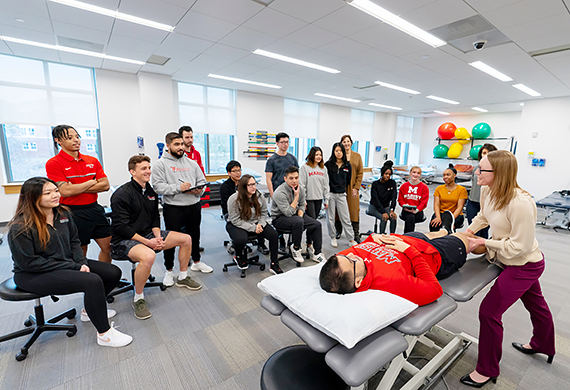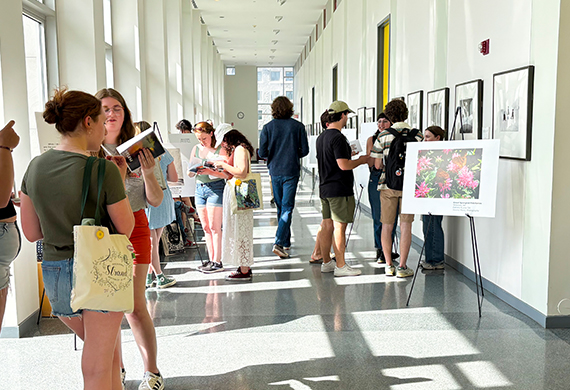Statement From President Murray Regarding Derek Chauvin Verdict
MEMORANDUM TO THE MARIST COLLEGE COMMUNITY
FROM: DENNIS J. MURRAY
Like the rest of the country, I watched the trial of Derek Chauvin with great concern, and I am relieved by the verdict that was handed down last night. A unanimous verdict in such a short period of time showed how overwhelming the evidence was in this case. While the jury’s decision will never bring George Floyd back to his family, it is some measure of justice, and I hope it will assuage their suffering in some small way.
Derek Chauvin’s conviction for second-degree murder, third-degree murder, and manslaughter is a strong statement on individual accountability, but by itself it is not enough. The event that took George Floyd’s life – and others like it all over the country – should never have happened in the first place. It’s important to hold individuals accountable for criminal behavior, but a system that allows tragedies like this to occur regularly must also be held responsible. We can only hope that this landmark case is the beginning of long-needed and meaningful reform with respect to police/civilian interactions that disproportionately result in the deaths of Black Americans.
I’m convinced that the best way to bring about true reform in policing is at the federal level through new laws that will ensure justice for all Americans in every city, town, and hamlet of our nation. A traffic stop or other routine police interaction should never result in a senseless death. The best way to honor George Floyd will be to take steps to erase the racism and poor police practices that result in so many unnecessary tragedies.
Tonight at 7:00 p.m. there is a virtual Race and Justice Town Hall that will offer Marist students a space to share their thoughts and feelings on this case. My thanks to Associate Professor of Criminal Justice Addrain Conyers for organizing this discussion and to his co-moderators Marisa Moore, Interim Director of the Counseling Center, and Christina Wright Fields, Assistant Professor of Education, for giving so generously of their time to facilitate this important conversation.



